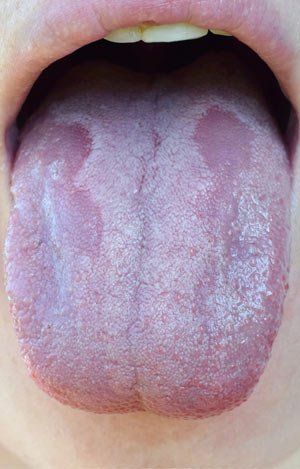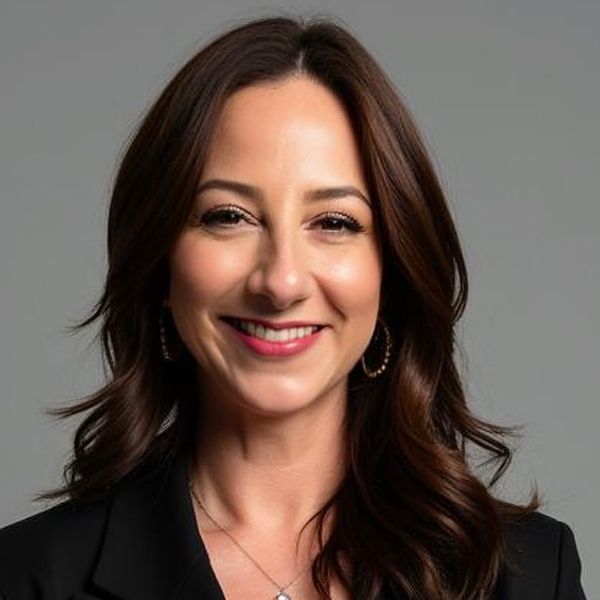Candida Infections
Problems with Candida occur when the levels of the yeast become too great, and people develop an infection known as Candidiasis. Candida overgrowths are commonly known as yeast infections. The problem begins when the healthy bacteria on the body cannot keep the level of the yeast under control.
Sign-up today and receive ta FREE Dry Brushing Guide written by Dr. Dana Cohen
Types of Candida Infections
Many types of candida infections occur throughout the body. Unlike a bacterial infection, antibiotics do not stop yeast growth. Natural Remedies work better to get the problem under control. What remedy to use will depend on the type of infection experienced. Here are a few examples of how Candida overgrowth affects people.
- Genital Yeast Infections: Most associated with female gynecological care, this type of infection can also affect men. Nearly all women will experience the discomfort of this type of candida overgrowth at least once in their lifetime. Changes in the level of yeast in the vaginal area can occur due to pregnancy, poor airflow under clothing, health-related concerns, and more.
- Oral Thrush: Oral thrush happens when an overgrowth of yeast takes place in the mouth. The person affected will notice white or yellowish patches that may spread across the inside of their cheeks and on the tongue. Thrush may also cause throat pain, redness, and discomfort in the mouth. The overgrowth can happen due to illness, medication use, or when wearing dentures. Candida treatments can often clear the infection quickly.
- Diaper Rash: Warm, damp environments are desirable to all fungi, and yeast is no exception. Diapers can trap wetness against the skin and cause yeast levels to rise. Not all diaper rash occurs due to Candida. Those that do are often difficult to heal without yeast-specific remedies.
- Athlete's Foot: Experienced by more people than athletes, the painful and itchy blisters that develop between the toes are Candida infections. Tight shoes that do not allow airflow and socks damp from perspiration create the perfect environment for fungal growth.
- Systemic Candidiasis: A systemic infection from Candida is the most severe form of overgrowth. People who develop the condition will need medical care to reduce the risk of serious complications. Systemic Candidiasis can cause inflammation in the heart, bones, or the lining of the skull. Infections of this type usually only affect people who have compromised immune systems.
Common Symptoms of Candida
- Abdominal gas/indigestion
- Headaches/migraines
- Insomnia
- Excessive fatigue
- Cravings for alcohol or sweets
- Brain fog
- Thrush
- Vaginitis (burning, itching, discharge)
- Premenstrual syndrome
- Rectal itching
- Low sex drive
- Poor concentration, poor memory, learning disabilities
- Hyperactivity
- Diarrhea or constipation
- Chemical/fragrance sensitivity
- Itching
- Acne or eczema, athelete's foot
- Depression, mood swings, anxiety
- Sinus inflammation
- Ear aches, dizziness
- Persistent cough
- Muscle weakness

Causes of Candida Overgrowth
Dr. Dana Cohen offers effective treatment of Candida infections that eliminate current problems. But, a patient must address the cause of the overgrowth to avoid reoccurrences. Patients need to understand how it happened to reduce the chance of another infection. There are many ways candida overgrowth takes place.
- Lowered Immune Response: A weak immune system can play a role in the overgrowth of Candida. Illnesses like HIV, cancer and even conditions like pregnancy can cause people to experience a yeast infection.
- Use of Antibiotics: Bacterial infections often require antibiotics to treat. Antibiotics kill harmful bacteria but also kill beneficial bacteria that destroy Candida. When an antibiotic lowers the number of beneficial bacteria on the body, the individual using the antibiotic faces an increased risk of developing a yeast infection.
- Heat and Humidity: Hot, sticky weather causes people to sweat more, and the dampness on the skin allows Candida to thrive. Staying cooler and wearing clothes that ventilate better enables moisture to evaporate sooner to slow yeast growth.
- Obesity: Extra weight can cause the skin to overlap. The creases created by the overlapping skin can trap moisture and heat and allow Candida to thrive.
Contact Dr. Dana Cohen MD for Your Personalized Candida and Yeast Infection Treatment Plan
Dr. Cohen specializes in diagnostic testing, and may perform blood, stool or urine tests to determine if there is a candida overgrowth in the body. In order to treat the overgrowth, Dr. Cohen may determine that it is appropriate for the patient to change his or her diet to a low carbohydrate diet.
Sugar is what feeds yeast, so eliminating sugar in all of its simple forms like candy, desserts, alcohol and flours. She may also prescribe an antifungal medication and probiotic supplements to aid in the process of rebalancing the “good” and “bad” bacteria in your gut.
Please contact Dr. Cohen today!











